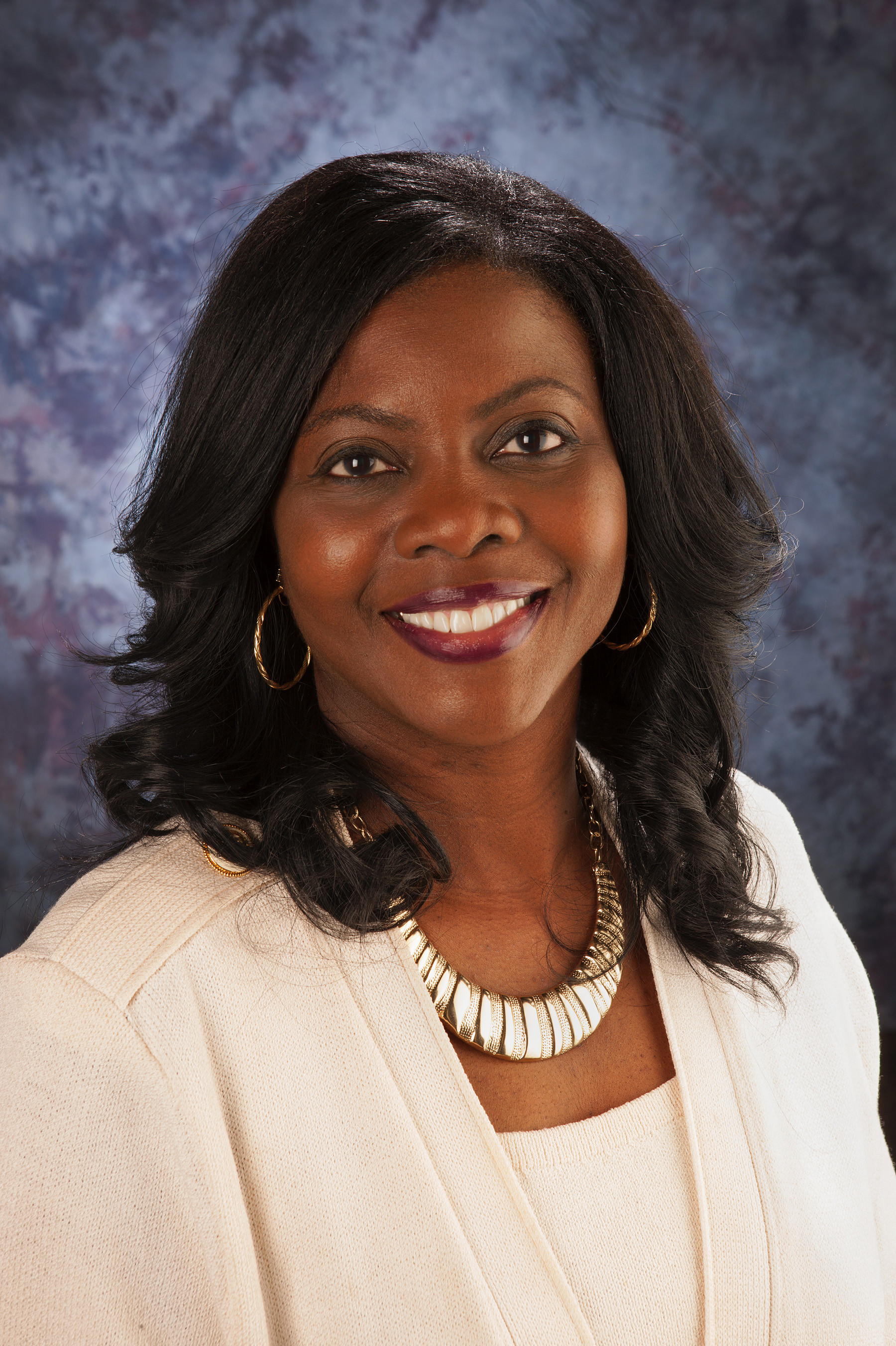 Dr. Jacobs-Young provides national leadership, vision, guidance, and direction as the Administrator for the Agricultural Research Service (ARS) within the U.S. Department of Agriculture (USDA). ARS is one of the world’s premier agricultural scientific organizations with 1,800 scientists at 90 laboratories throughout the United States. Research and technology programs, carried out by internationally recognized scientists, deliver solutions to many of the nation’s highest priority challenges in human nutrition, environmental sustainability, animal health and crop protection.
Dr. Jacobs-Young provides national leadership, vision, guidance, and direction as the Administrator for the Agricultural Research Service (ARS) within the U.S. Department of Agriculture (USDA). ARS is one of the world’s premier agricultural scientific organizations with 1,800 scientists at 90 laboratories throughout the United States. Research and technology programs, carried out by internationally recognized scientists, deliver solutions to many of the nation’s highest priority challenges in human nutrition, environmental sustainability, animal health and crop protection.
Dr. Jacobs-Young has also worked to elevate the visibility of the importance of agricultural research globally. She is currently the USDA Acting Chief Scientist and Acting Deputy Under Secretary for Research, Education, and Economics.
The World Food Prize works in partnership with USDA to recruit and place exceptional college students with world-renowned scientists and policymakers through paid fellowships at leading USDA research centers and offices across the United States.
What new innovations in food or agriculture are you most excited about?
At USDA, we are committed to delivering solutions to America’s high- priority agricultural challenges. These challenges include producing enough safe and nutritious food to feed a growing population while being good stewards of our natural resources. I am excited about the many recent technological advancements and the availability of breakthrough technologies that support and lead innovation in America’s high-tech food and agricultural economy. By helping to protect U.S. agriculture, increase agricultural productivity, and increase resilience of U.S. farms these innovations contribute to farm productivity and profitability and expand the ability for U.S. leadership to address the global challenge to “feed everyone.”
In what ways does the USDA work to address critical issues in food security?
USDA science has supported America's farmers and ranchers in their work to produce a safe and abundant food supply for over 150 years. Advances in science and technology (S&T) have had a significant impact on agriculture and the quality of life for Americans. The ability of the American farm sector to feed far more people today than 6 decades ago, while using less farmland and fewer workers and reducing the environmental impact of food production, is testimony to the impact of agricultural research and innovation. USDA is uniquely positioned to defend agriculture from existing and emerging pests and diseases, another major requirement for food security. USDA science agencies maintain an in-house infrastructure of expertise, facilities, and long-term high-risk research and provide resources for agricultural research outside at the land-grant and other universities as well. A great example of one of those invaluable resources is the germplasm collections at ARS. These are the backbone of enhancing productivity, minimizing risks, and combatting emerging threats to production.
When did you decide that you wanted to work in an agricultural field?
I was introduced to agriculture while pursuing a college degree in pulp and paper science and technology at North Carolina State University. While a professor at the University of Washington in Seattle, WA, I had the opportunity to join the U.S. Department of Agriculture in their efforts to advance agriculture through research, education, and extension. This allowed me to advance my STEM career and engage with preeminent scientists around the world. As with many of the most defining opportunities in my life, this course of career change was unforeseen and highly rewarding. Being flexible and adaptable has always paid off for me.
The challenges we face in hunger and poverty can seem overwhelming at times. What advice would you give to young people who aren't sure where they should start?
One of my favorite quotes is from Arthur Ashe: start where you are, use what you have, do what you can. It’s true, the problems the world faces today can seem overwhelming, but guess what? No one of us has to solve all of them. Each of us has the capacity to work to make a small inroad or change, and to band together with others to address bigger challenges. It does not, however, serve our purpose to stand still. I really believe that every little bit helps in every little way. A great example is the global effort to sequence the maize genome. USDA contributed to this world-wide effort by collaborating with scientists both here and abroad to accomplish the four-year project. The impactful project has sped up development of corn varieties that will help feed the world and meet growing demands for using this important grain crop. The effort was critical to unlocking the potential of maize as a food, fiber and fuel staple for the future. Many hands make light work, and here’s an added benefit - more people own the success too!


